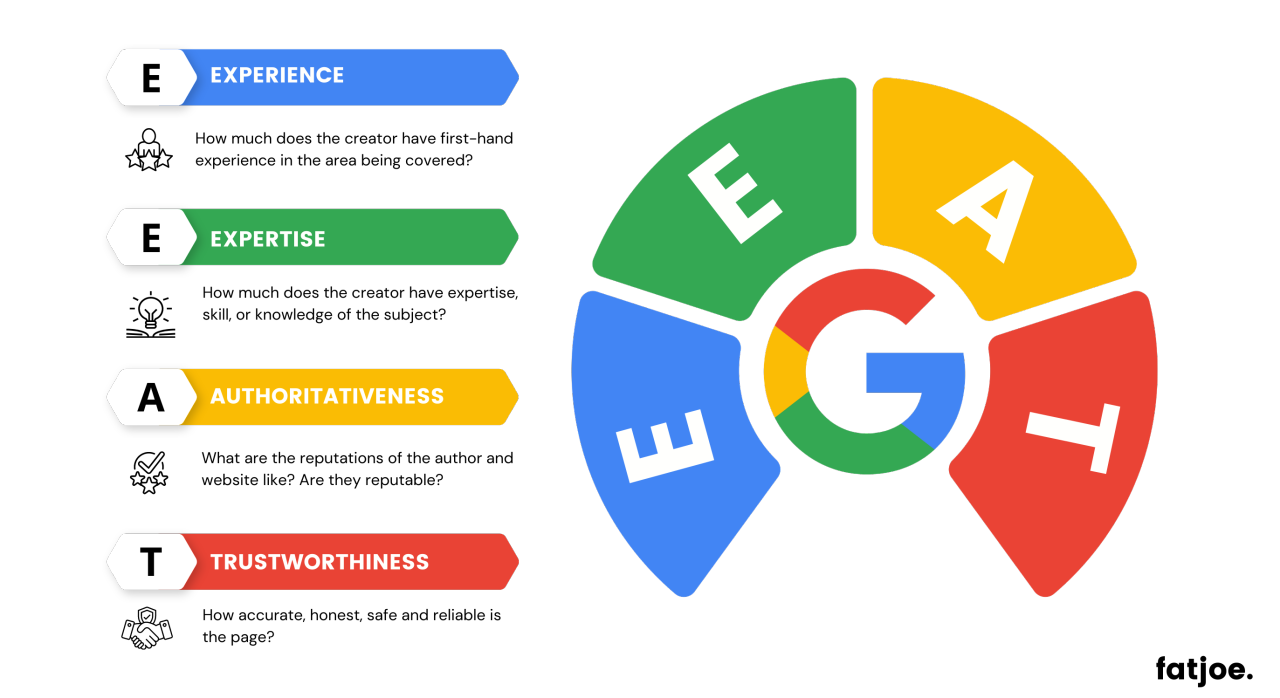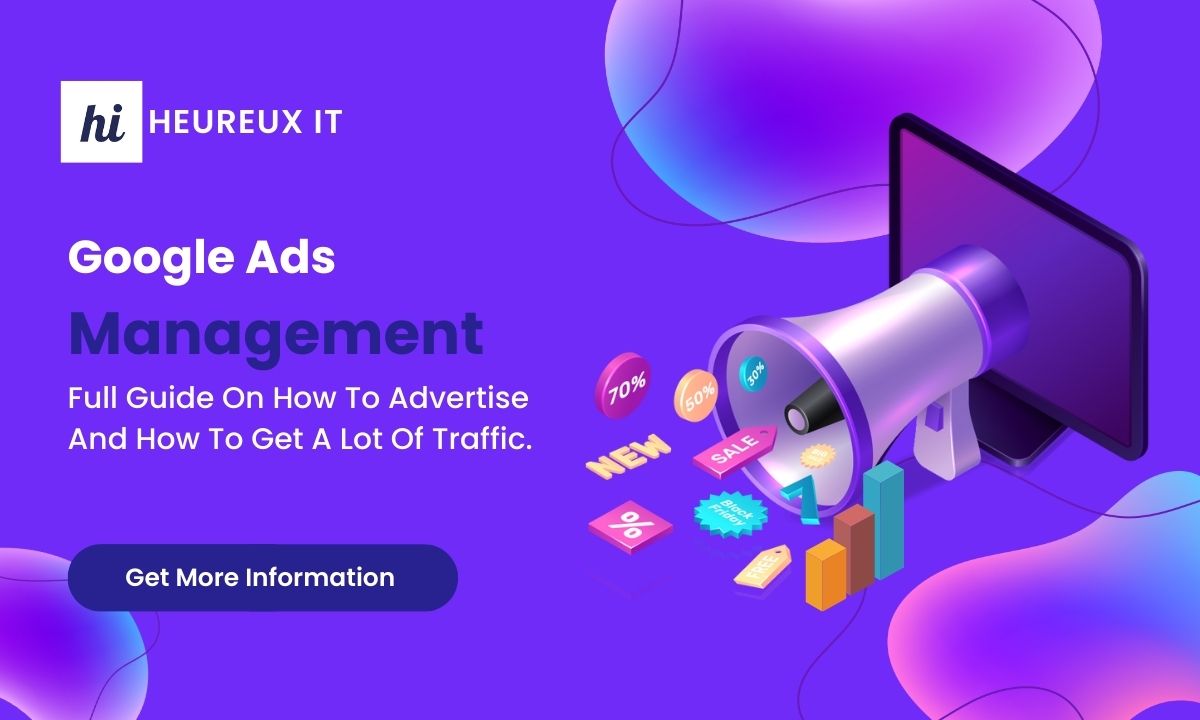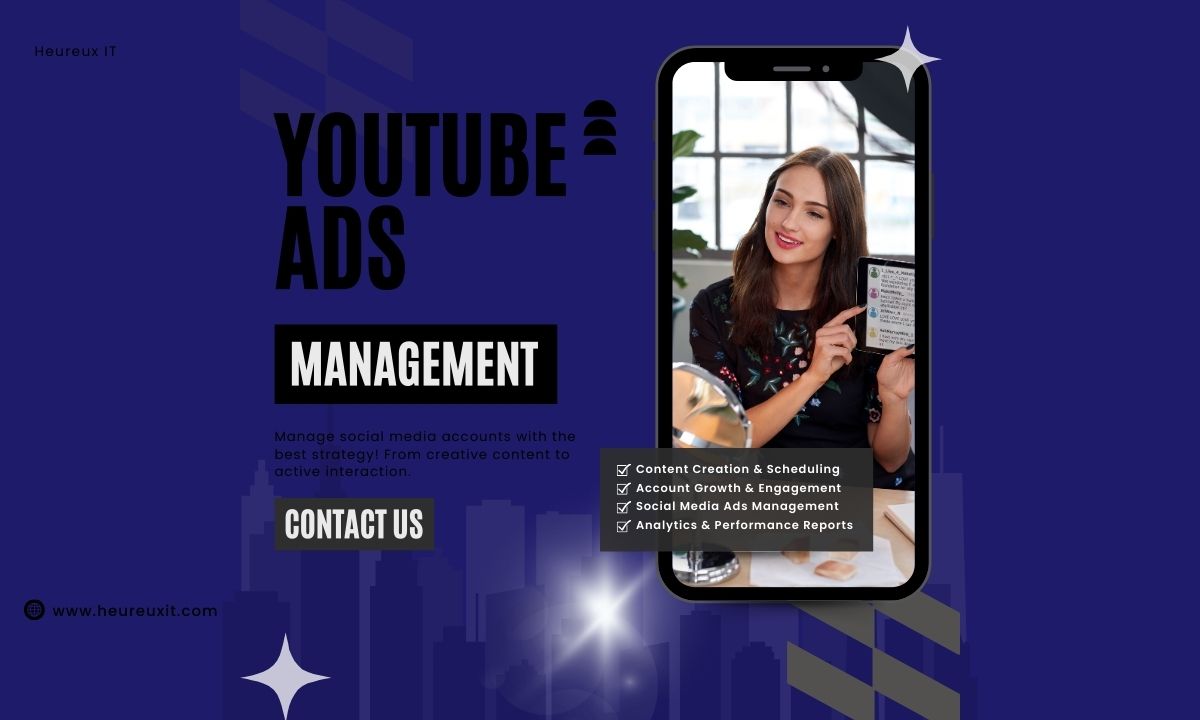In the competitive world of digital marketing, achieving a top spot on search engine results pages (SERPs) is crucial for driving traffic and generating leads. While landing on the first page of Google is an accomplishment, the coveted 1 position is the ultimate goal. To reach it, marketers must leverage every available strategy, and that’s where Google E-E-A-T (Experience, Expertise, Authoritativeness, and Trustworthiness) comes into play.
What is Google E-E-A-T?
Initially introduced as E-A-T (Expertise, Authoritativeness, Trustworthiness), Google added an extra ‘E’ for Experience in 2022 to better assess the quality of content. Google E-E-A-T is not a direct ranking factor in Google’s algorithm, but it significantly influences where your content appears on SERPs by evaluating its quality. Google’s Search Quality Rater Guidelines use E-E-A-T to rate pages based on page quality, understanding user needs, and meeting those needs.
Breaking Down Google E-E-A-T
Experience
Experience refers to the firsthand or life experience the content creator has with the topic they are writing about. Readers trust content more when it comes from someone who has used a product or lived through a situation. For example, a review from someone who has actually used a product is more credible than one from someone who hasn’t.
Expertise
Expertise denotes the creator’s knowledge or skill level on the subject. For instance, people are more likely to trust a plumber’s advice on fixing a leak than that of an amateur. Showcasing expertise through credentials, certifications, or demonstrable knowledge in the field strengthens this aspect.
Authoritativeness
Authoritativeness involves being recognized as a leading source on the topic. Websites like Vogue are seen as authoritative in fashion, whereas a casual blog might not carry the same weight. Building a reputation as a go-to source in your industry enhances your content’s authority.
Trustworthiness
Trustworthiness is the cornerstone of Google E-E-A-T. It evaluates the credibility of the creator, content, and website. Accurate facts, reputable authors, and trustworthy sources are crucial. Websites should also ensure security and privacy, such as having secure shopping features and clear data privacy policies.
The Importance of Google E-E-A-T
Google aims to provide users with valuable, credible content, ensuring a good user experience. The core of Google E-E-A-T is trustworthiness, which is built through a combination of expertise, experience, and authority. Regular algorithm updates and new features like Google’s AI-powered Search Generative Experience (SGE) highlight the importance of quality content.
How Google Evaluates E-E-A-T
Google’s quality raters categorize pages into four levels based on E-E-A-T:
– Lowest: Pages that are harmful, untrustworthy, or spammy.
– Lacking: Low-quality pages that lack sufficient expertise, experience, or authority but are not harmful.
– High level: Pages with significant expertise, credibility, and trustworthiness.
– Very high level: Top-tier pages showing extensive hands-on knowledge, high effort, originality, and talent.
What is YMYL?
“Your Money or Your Life” (YMYL) refers to content that can impact a person’s happiness, health, financial stability, or safety. Google holds YMYL pages to high standards due to their potential impact on users. Examples include financial advice, medical information, and legal guidance.
Improving Google E-E-A-T
- Fill Knowledge Gaps
Understand your audience’s needs and create content that addresses gaps your competitors have overlooked. Use tools like Semrush’s Topic Research Tool or AnswerThePublic to brainstorm new ideas
- Add and Refresh Content
Regularly update your content to keep it relevant. Conduct content audits to optimize top-performing pieces and ensure your site reflects the latest trends and information.
- Work with Experts
Collaborate with in-house or external experts to generate original content. Formats like guest blogs, webinars, and podcasts can boost your Google E-E-A-T by showcasing credible insights from recognized professionals.
- Use Links to Build Connections
Implement a hub-and-spoke content model to develop authority on key topics. Link related content strategically to create a comprehensive resource for your audience.
- Manage & Monitor Brand Reputation
Monitor your brand’s online reputation through reviews and social media. Respond to feedback promptly to build trust and address any negative perceptions.
- Focus on Customer Experience (CX)
Ensure your content aligns with user expectations and provides a seamless journey from search result to information. This enhances user satisfaction and reinforces your content’s trustworthiness.
By focusing on these strategies, you can improve your Google E-E-A-T, enhance your SEO efforts, and ultimately achieve higher rankings on Google.







